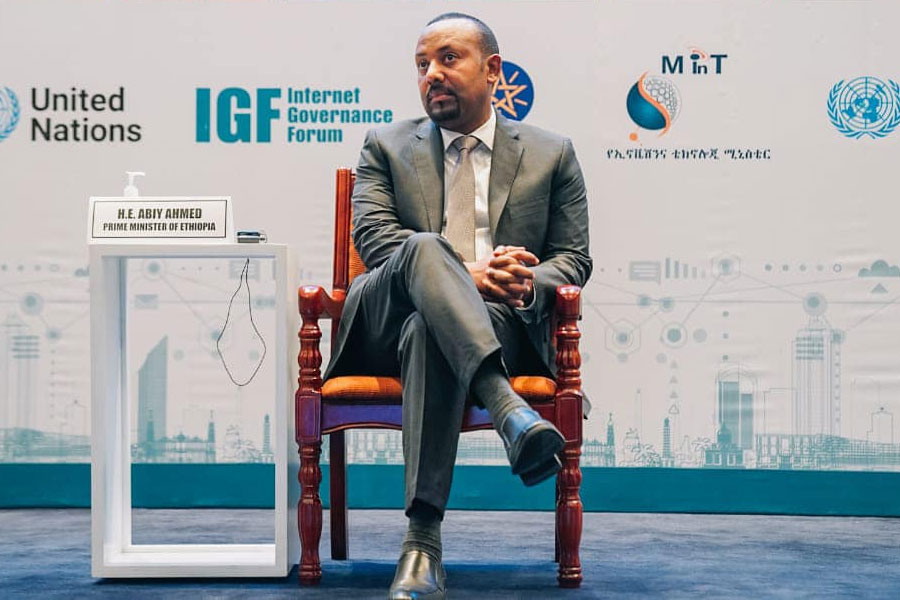
Thousands of delegates from around the world and digital experts from the private sector descended in the capital last week to set out steps for leveraging the power of the Internet while addressing risks brought by boundary-less communications infrastructure. Prime Minister Abiy Ahmed (PhD) said that Ethiopia is pleased to host this year’s forum breaking the continent’s “curse” after more than a decade. Organised by the United Nations, the 17th edition of the forum on Internet governance, held at ECA, came under sharp criticism due to the host country’s reputation for shutting down Internet access 12 times in the past decade. One of the prolonged shutdowns, particularly in the wartorn Tigray Regional State, depriving the population of access to the Internet cost the economy 30 million dollars, the highest loss following Russia, Kazakhstan, Myanmar and Nigeria. The KeepItOn coalition monitors Internet shutdown episodes worldwide and reported 931 shutdowns in five years within 74 countries. However, Internet’s benefits in providing access to telemedicine, digital banking and e-learning compete with a rising misuse of the infrastructure to commit cybercrimes and misinformation. “We want platforms to offer robust frameworks to reduce the speed of distribution of fake news,” said Melissa Fleming, UN undersecretary-general for global communications. With the increase in Internet use, the number of people who have used the Internet surged to close to 4.9 billion last year, adding 800 million from two years ago. Ethiopia’s Internet users have increased by 57pc in five years beginning 2017, exceeding 25 million. The government rolls out 4G networks in towns and 5G networks in major cities, with 2,300 high schools having internet access. Participants urged governments and digital companies to allow an open, accessible, inclusive and secure digital future, emphasising that access must be universal and meaningful.
[ssba-buttons]